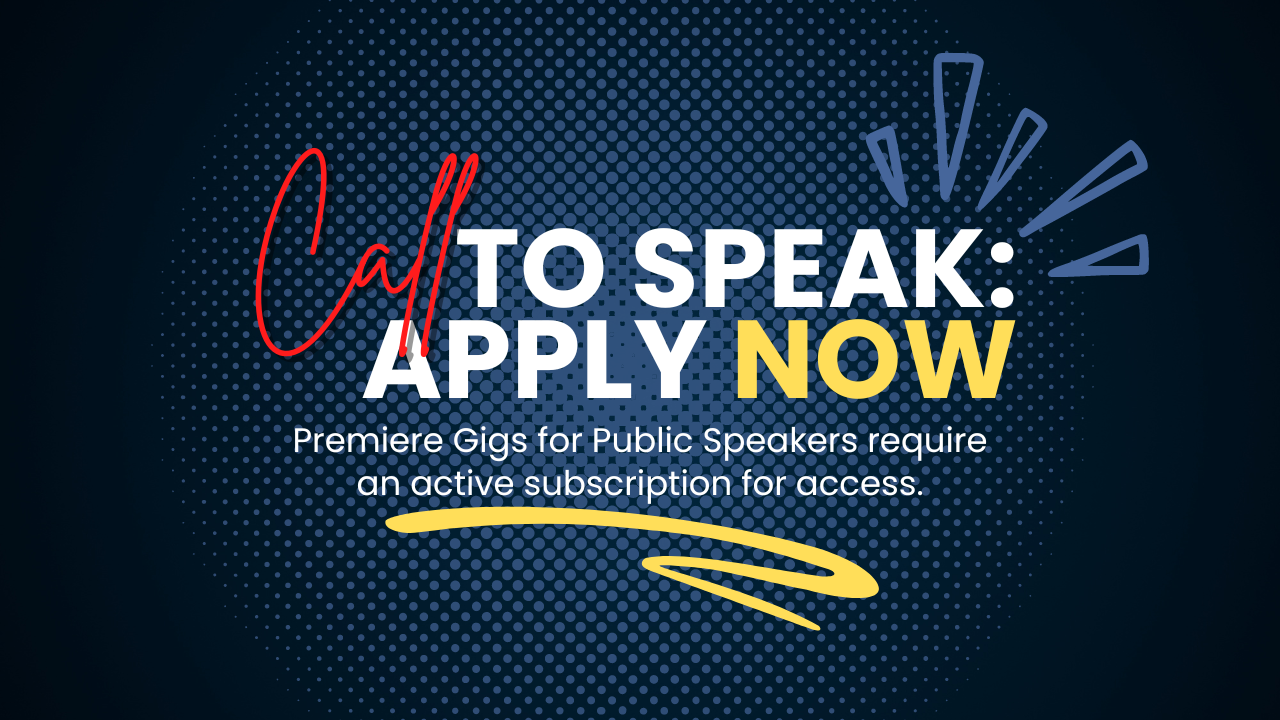What Are Some of the Challenges in Public Speaking?
Public speaking is a skill that can propel careers, inspire audiences, and spread important messages. However, it comes with its own set of challenges that even seasoned speakers must navigate. Understanding these challenges and how to address them is crucial for anyone looking to excel in this field. Here, we explore some of the most common challenges in public speaking, supported by relevant statistics.
1. Fear and Anxiety
One of the most significant challenges in public speaking is overcoming fear and anxiety. Glossophobia, or the fear of public speaking, affects approximately 75% of the population to some extent . This anxiety can manifest in various physical symptoms, such as sweating, shaking, and a racing heartbeat, which can hinder a speaker’s performance.
2. Engaging the Audience
Capturing and maintaining audience attention is another major challenge. According to a study by Microsoft, the average human attention span has decreased from 12 seconds in 2000 to just 8 seconds in 2015 . This trend highlights the difficulty speakers face in keeping their audience engaged throughout their presentation.
3. Content Organization
Organizing content in a coherent and compelling manner is essential yet challenging. A well-structured presentation enhances understanding and retention, but many speakers struggle with this. Research suggests that poorly organized speeches lead to a 50% reduction in information retention among audiences .
4. Technical Difficulties
In today’s tech-driven world, speakers often rely on audiovisual aids to enhance their presentations. However, technical issues can arise, causing disruptions. A survey by Backupify revealed that 64% of professionals have experienced technical difficulties during presentations, leading to frustration and decreased effectiveness .
5. Adapting to Different Audiences
Speakers often need to tailor their messages to suit diverse audiences. This adaptability requires a deep understanding of audience demographics, preferences, and expectations. A report from the Pew Research Center highlights that effective communication must consider cultural, generational, and educational differences to be impactful .
6. Handling Questions and Interruptions
Dealing with unexpected questions or interruptions can be daunting. Speakers must be prepared to think on their feet and provide satisfactory responses without losing the flow of their presentation. A Toastmasters International survey found that 40% of speakers find Q&A sessions to be the most stressful part of their presentations .
7. Time Management
Balancing the need to cover all key points while staying within the allotted time frame is a common challenge. Over 60% of speakers report running out of time or rushing through important sections of their presentations . Effective time management requires careful planning and rehearsal.
8. Building Credibility
Establishing and maintaining credibility is crucial for public speakers. This involves not only demonstrating expertise but also connecting with the audience on a personal level. A study by the Harvard Business Review found that speakers who share personal stories and experiences are 68% more likely to be perceived as credible and relatable .
9. Non-Verbal Communication
Non-verbal cues such as body language, eye contact, and facial expressions play a significant role in public speaking. However, mastering these elements can be challenging. Research indicates that non-verbal communication accounts for up to 55% of the overall message perceived by the audience .
Conclusion
Public speaking is fraught with challenges, from managing fear and anxiety to engaging diverse audiences and handling technical difficulties. Understanding these challenges and developing strategies to overcome them can significantly enhance a speaker’s effectiveness and impact. By focusing on continuous improvement and preparation, speakers can navigate these obstacles and deliver compelling, memorable presentations.



